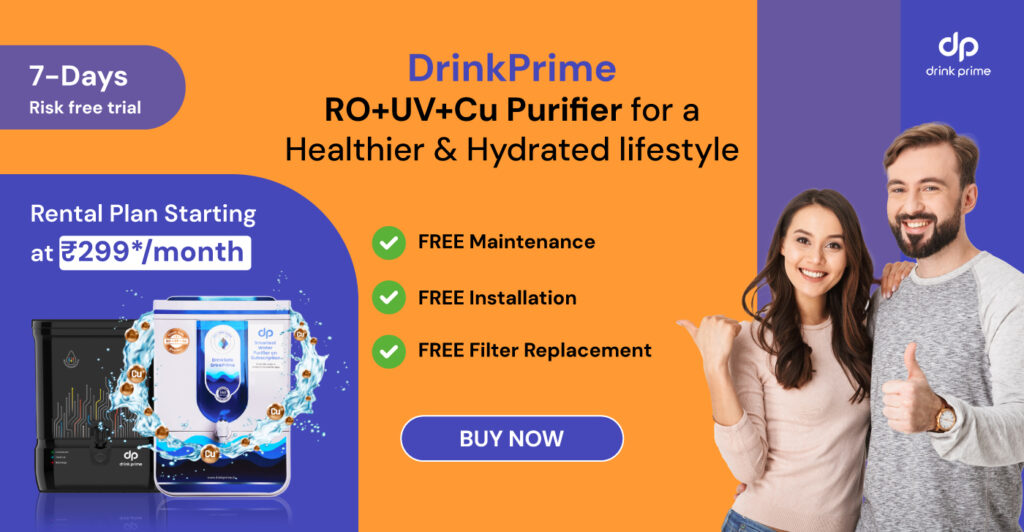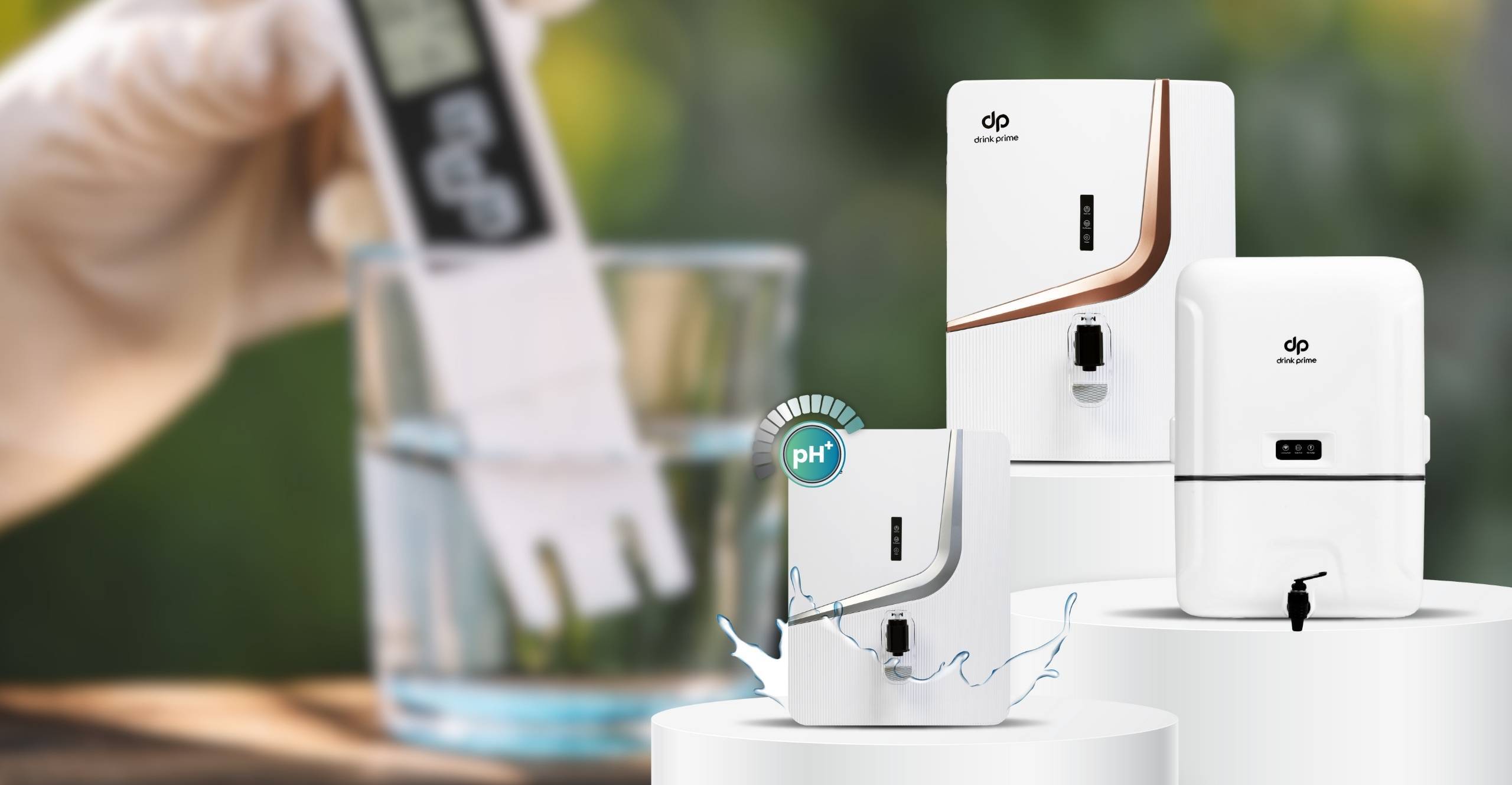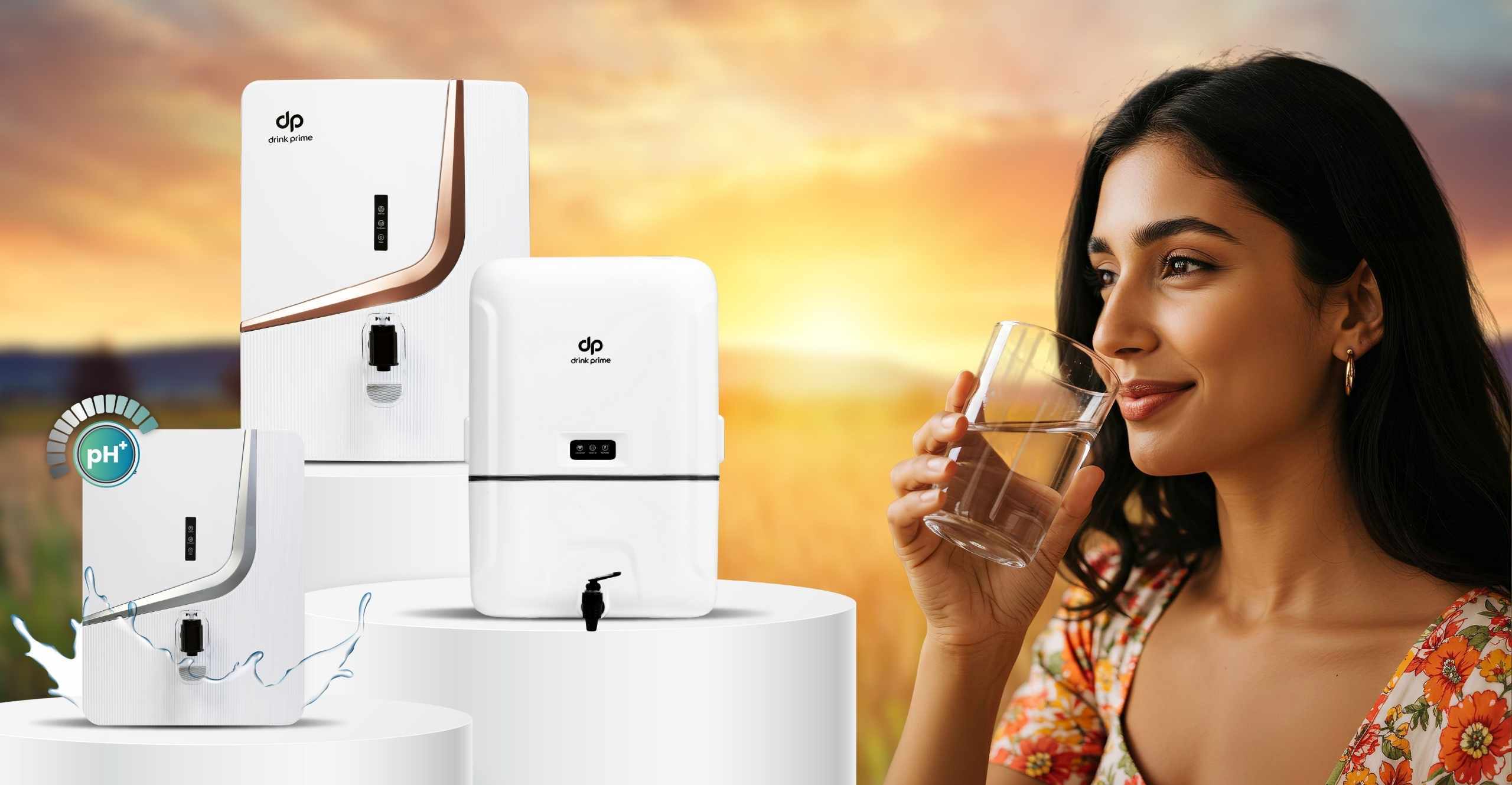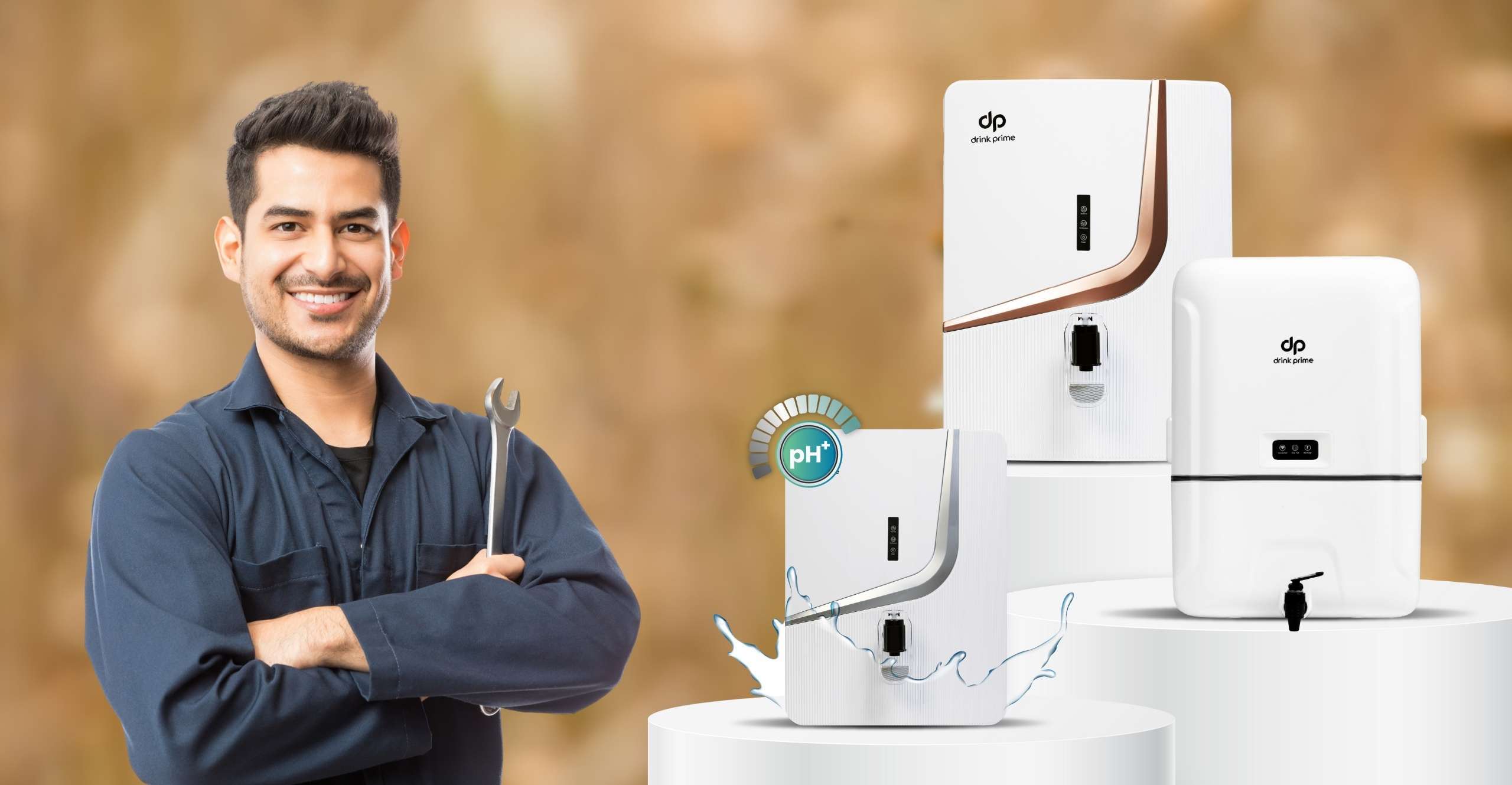Water is an element that is crucial for our survival as humans on this planet. However, the availability of water that is safe to consume remains a distant dream for millions of people across the globe. Sadly, access to clean water for domestic purposes and even for drinking is denied to close to a million people worldwide. In developing countries, the primary water sources are surface water, groundwater like borewells, spring water, harvested rainwater, etc. These can be a breeding ground for pathogens, translating to waterborne diseases.
The statistics related to the causalities due to the waterborne infections caused by consuming contaminated water are worrying due to their large numbers. Giving access to and maintaining the quality of water that is available for public consumption is crucial for curbing such outbreaks. This is why water purifiers on rent are becoming popular among the masses.
In this article, we delve into the challenges faced by developing countries to ensure access to safe water, why ensuring the safety of drinking water is so important, and how a water purifier on rent can help you access safe water.
What are the benefits of safe drinking water?
Water is crucial for maintaining and sustaining life on this planet and a healthy ecosystem. When good-quality water is available more than the demand and distributed evenly across regions, it translates to development in the social and economic sectors, leading to the country’s progress. Access to clean water is one of the top indicators of society’s robustness, public health, and economic stability. Contaminated water, conversely, becomes a medium for disease outbreaks and a sluggish productivity rate.
According to WHO reports, the global number of deaths related to waterborne infections caused by consuming impure water is staggering at 1.7 million annually. In developing countries, poor data collection blurs out the immense impact that safe water can have on their economic development. The lack of interest from the government regarding water-related issues, as well as the low levels of investment in water treatment plants or distribution policies, leads to the availability of almost negligible data regarding water-related issues.
But even with this tiny amount of available data, it is evident that if developing countries pay attention to ensuring the availability and distribution of safe water and proper management of their water resources, it will immensely benefit their economy and national growth. Water is intrinsically connected to every aspect of economic development, like public health, agriculture, industries, food, energy power, etc.
Challenges faced by developing countries to ensure water safety
- Water contamination: One of the most critical challenges faced by public water supply is the contamination of water sources. The untreated effluents from factories, hospitals, etc., which run off into water sources, may harbour various dangerous pathogens. This, along with other contaminants like nitrates, traces of heavy metals, pesticides, etc., form a cocktail which ruins the water quality and makes it dangerous for consumption
- In most developing countries, deaths due to water infections top the list of global deaths. Ensuring that the quality of water available for public consumption is safe should be on the top agenda of global leaders if such deaths are to be prevented or reduced. Some contaminants can be identified by examining water’s colour, odour, turbidity, etc.. One way could be to make water purifier on rent more accessible and affordable to all households.
- Drinkability of water: Water that has its biological, physical, and chemical properties at acceptable rates for drinking and other domestic purposes is termed as potable water. This acceptability rate differs from country to country, depending on the unique challenges faced by each region. This disparity in the measures is one of the reasons why developing countries face challenges in ensuring access to safe water. Developing countries must ensure that, while designing standards and laws, the already limited resources are not embezzled by other projects that are less important than public health.
- Climate change: Many of the developing nations are geographically placed in areas that are susceptible to natural calamities like droughts, floods, changes in precipitation, evaporation, etc. This leads to instability in the source water. Climate change is an unfortunate reality often reflected in water scarcity and natural disasters. This makes it impossible to predict the availability of fresh water and its quality, which keeps changing through the year. The rise in global temperature because of climate change has drastically affected water quality. To address these issues, governments should ensure proper systems for managing water resources while acknowledging the urgent need to do so.
- Ensuring sustainability: One of the challenges developing countries face is ensuring sustainable practices for safe water availability in the community. The age-old challenge of rising untreated water costs, the disparity between rich and poor, insufficient private funding, etc., has been compounded by a new challenge: maintaining the quality of the aquatic environment. Water treatment is at an abysmally low levels in developing countries. Water quality in developing countries could be better when compared to industrialised countries. Lack of capital investments, poor governing policies, ineffective water demand and supply models, and a host of other factors contribute to the ongoing challenges faced by developing nations.
How can Drink Prime provide safe water?
A RO water purifier for home is one of the best and most reliable solutions to ensure consistent access to pure water. A water purifier on rent is equipped to eliminate almost all the contaminants your source water may be riddled with. But if budget is a concern, then an RO water purifier monthly rental can be your go-to option.
If you are currently on the lookout for a very reliable water purifier on rent for your house, then DrinkPrime is your best choice! All you have to do is choose from our range of subscription plans and enjoy safe drinking water 24/7!




